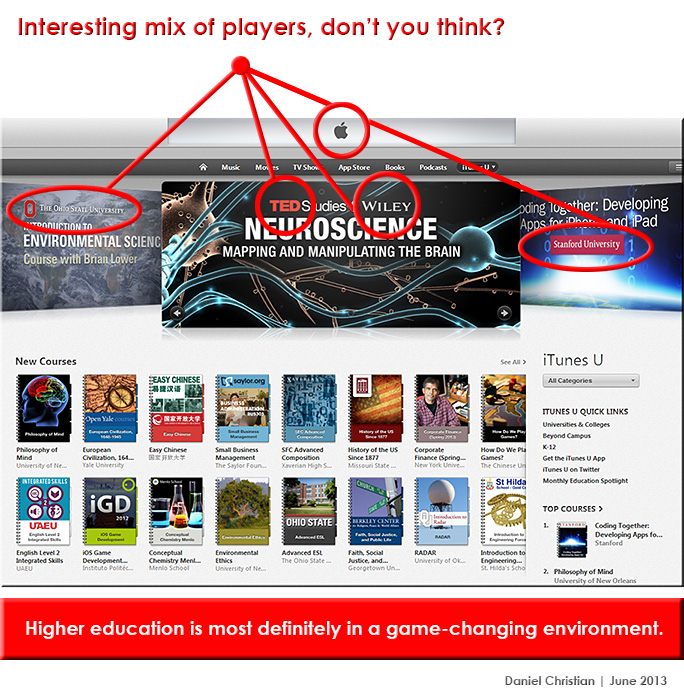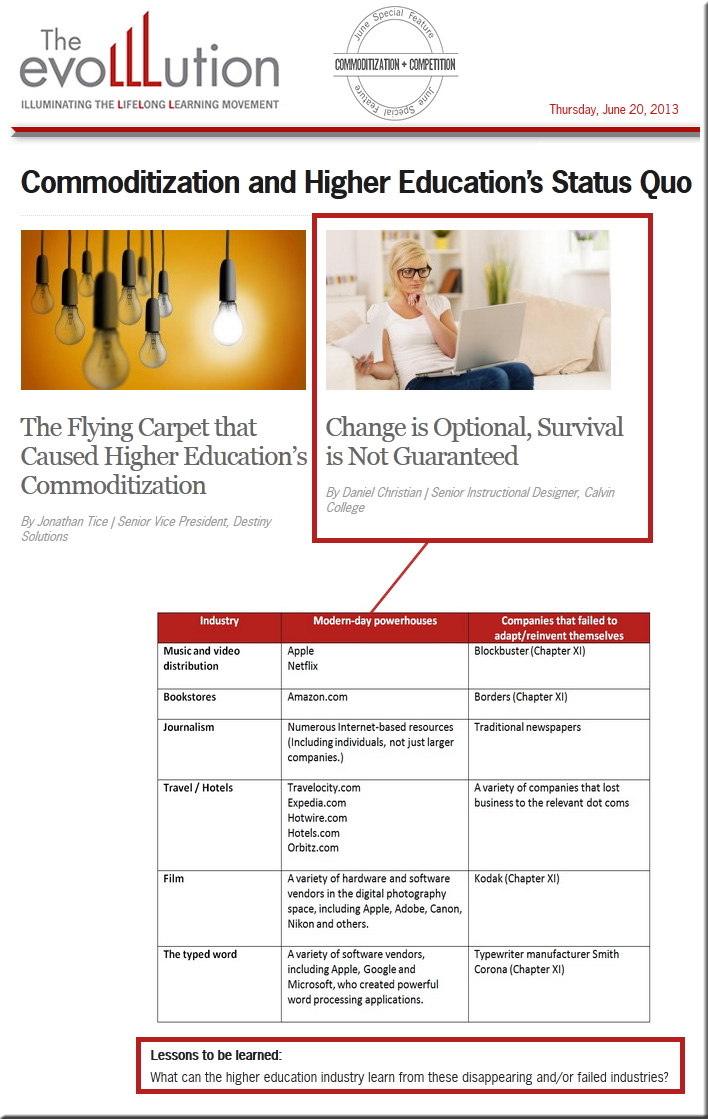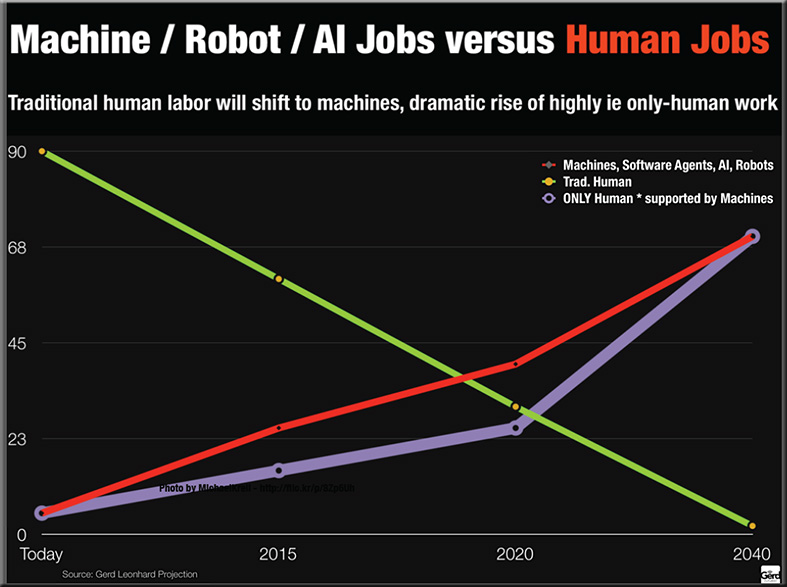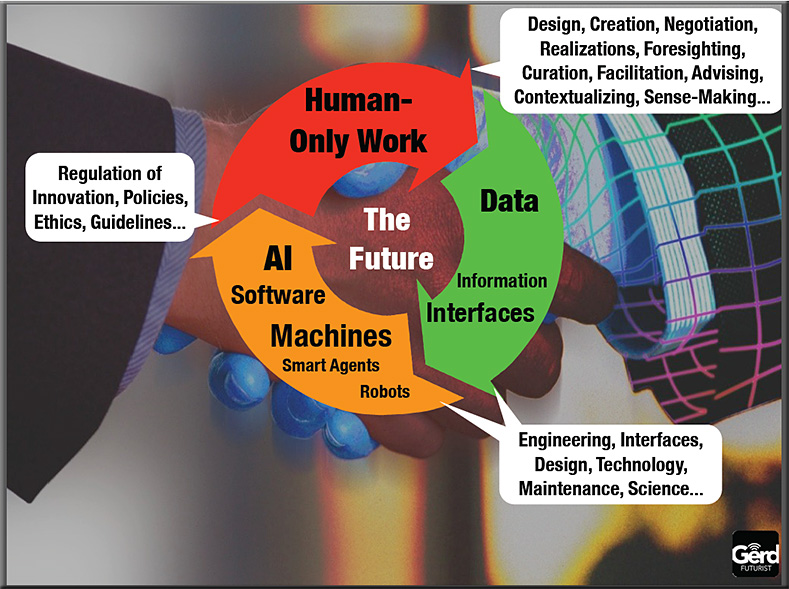Shortfall in educated U.S. workers to worsen: study — — from reuters.com by Paige Gance
Excerpt:
WASHINGTON | Wed Jun 26, 2013 5:55pm EDT (Reuters) – U.S. workers with advanced skills in areas such as math, science and healthcare are growing more scarce, with a shortfall of 20 million adequately educated workers expected by 2020, a study released on Wednesday found.
“The United States has been under-producing workers with postsecondary education since the 1980s,” researchers at Georgetown University’s Center on Education and the Workforce said in the study. “Jobs will return, but not everyone will be ready for them.”
They predicted that 65 percent of the projected 165 million jobs in 2020 will require more than a high school diploma, up from 59 percent in 2010.
From DSC:
IF the status quo is maintained, the outlook for the U.S. is not good.
That is, if the prices of obtaining a degree in higher ed keep going up and the middle class continues to be hollowed out, a smaller pool of people will even be able to afford getting a postsecondary education (regardless of whether it’s in healthcare, math, or science).
How much longer do the status quo’ers think that the U.S. Federal Government will wait around, watching this situation develop? How much longer before the Federal Government looks elsewhere for its workforce development (let alone the students out there who need to make a living)?
There is not an infinite period of time for institutions of traditional higher education to respond. MOOCs are a start, but they are but one option and they need to be improved. Along those lines:
The organization who can collaborate with those perfecting IBM’s Watson, Apple’s Siri, or Google Now — and integrate those technologies into a low-cost solution for postsecondary education — will be a potent force in the future.









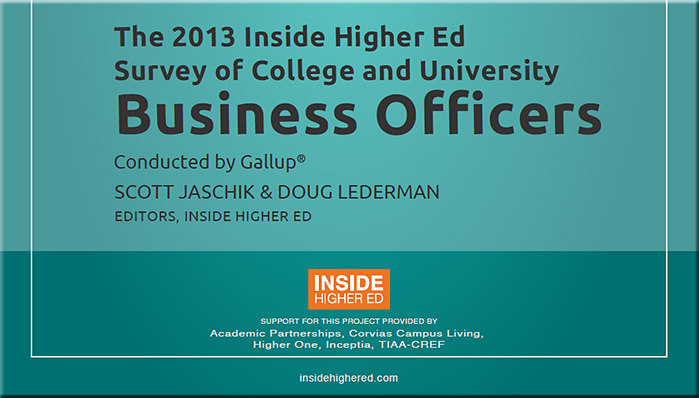
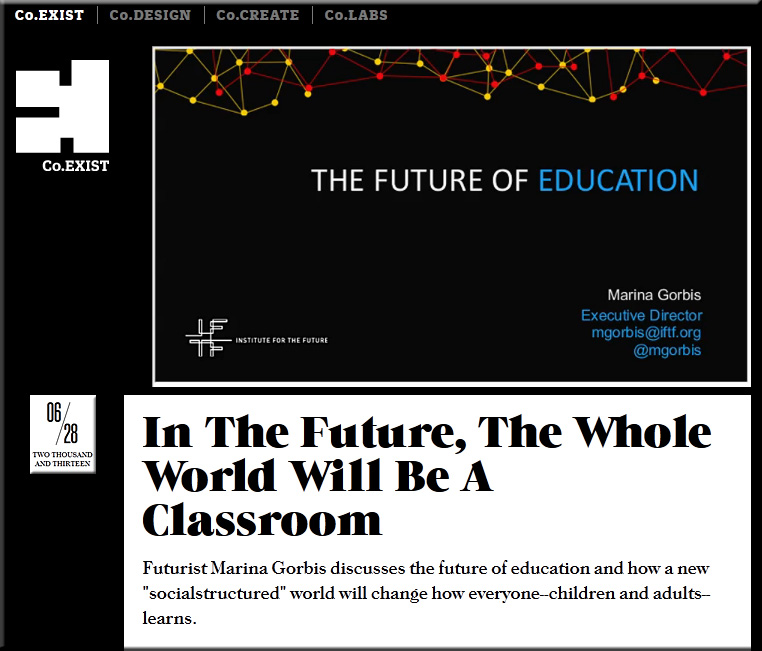


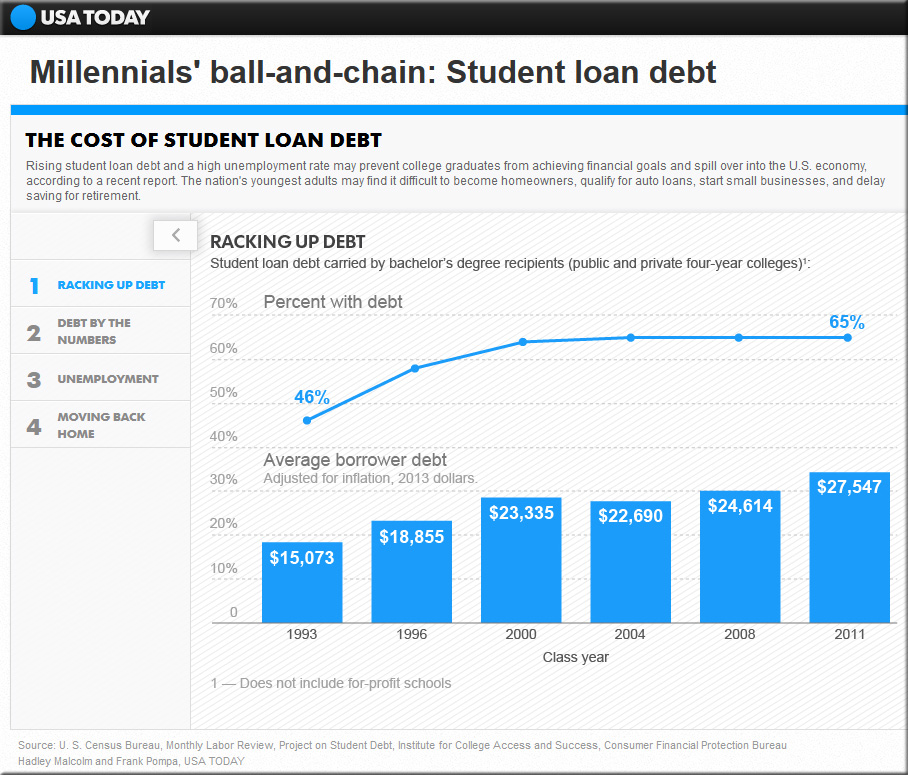

![The Living [Class] Room -- by Daniel Christian -- July 2012 -- a second device used in conjunction with a Smart/Connected TV](http://danielschristian.com/learning-ecosystems/wp-content/uploads/2012/07/The-Living-Class-Room-Daniel-S-Christian-July-2012.jpg)

